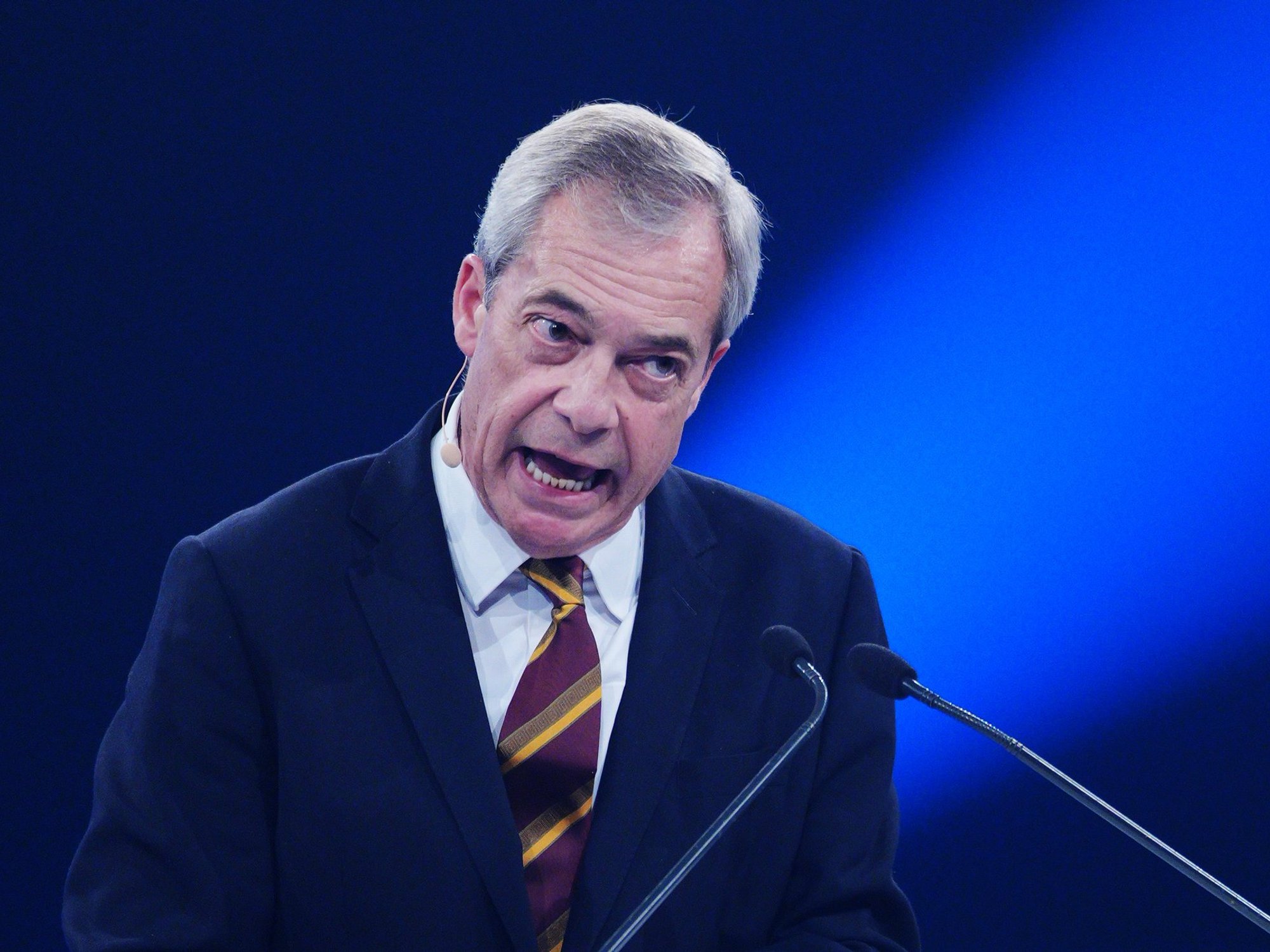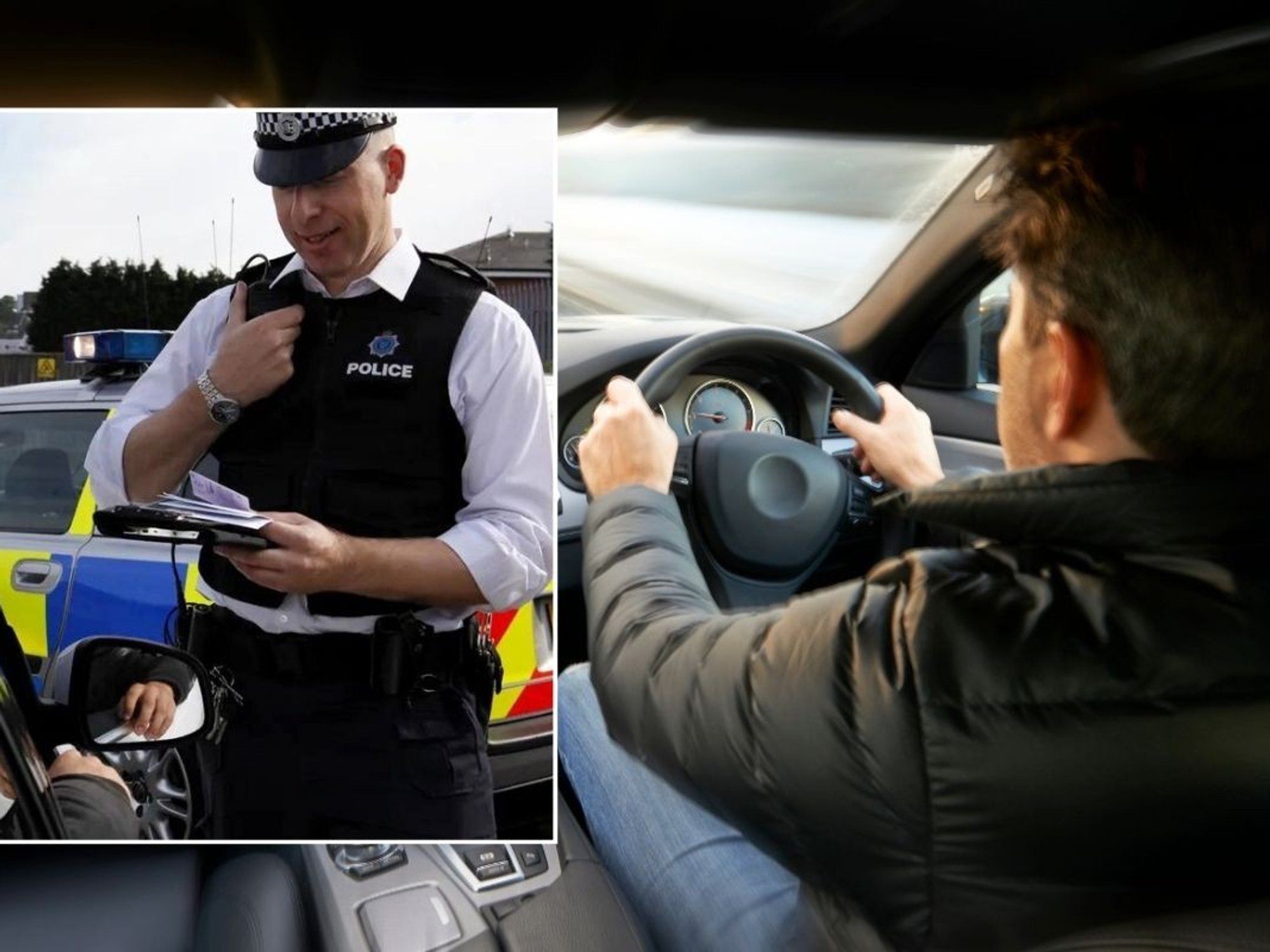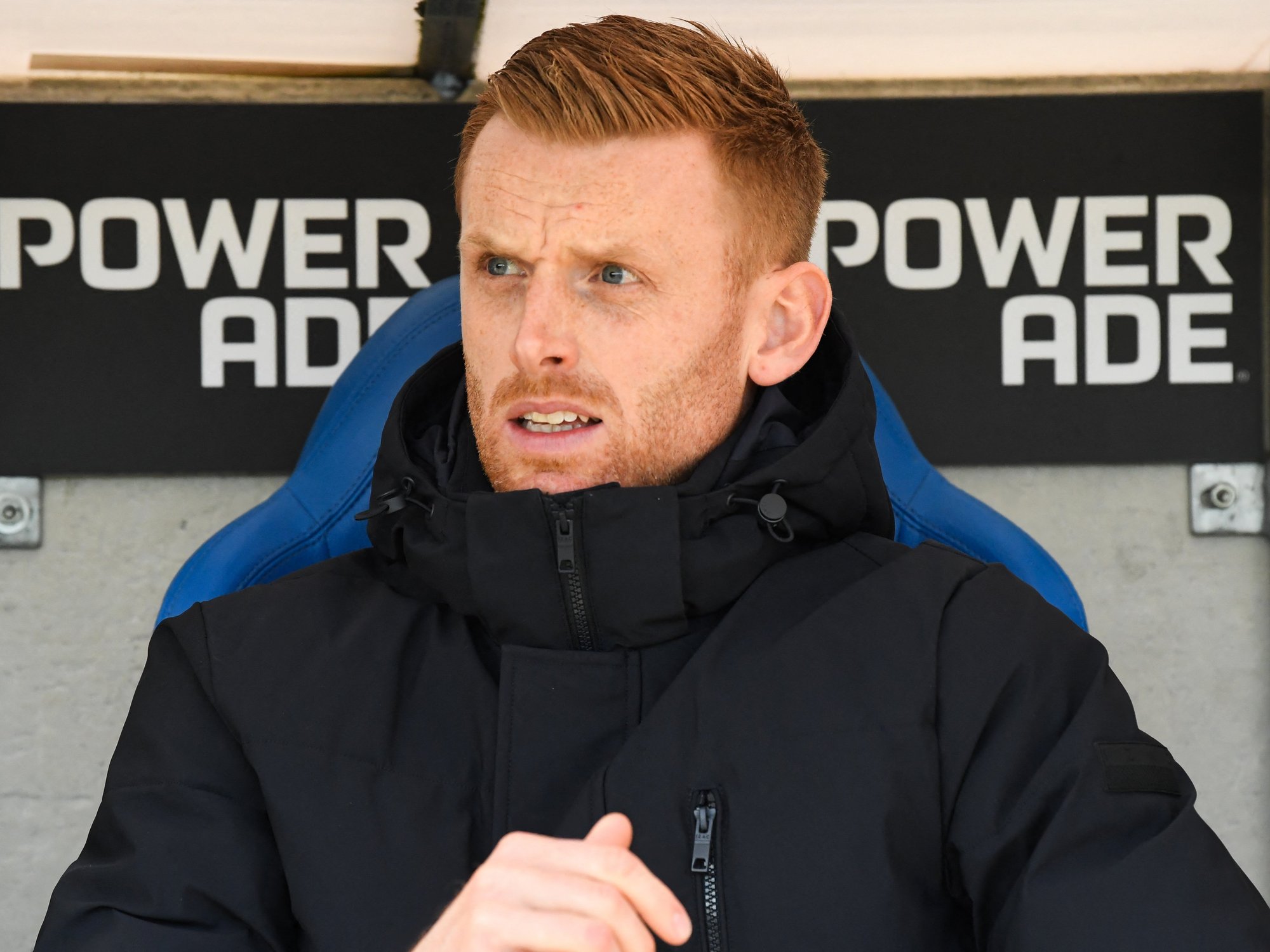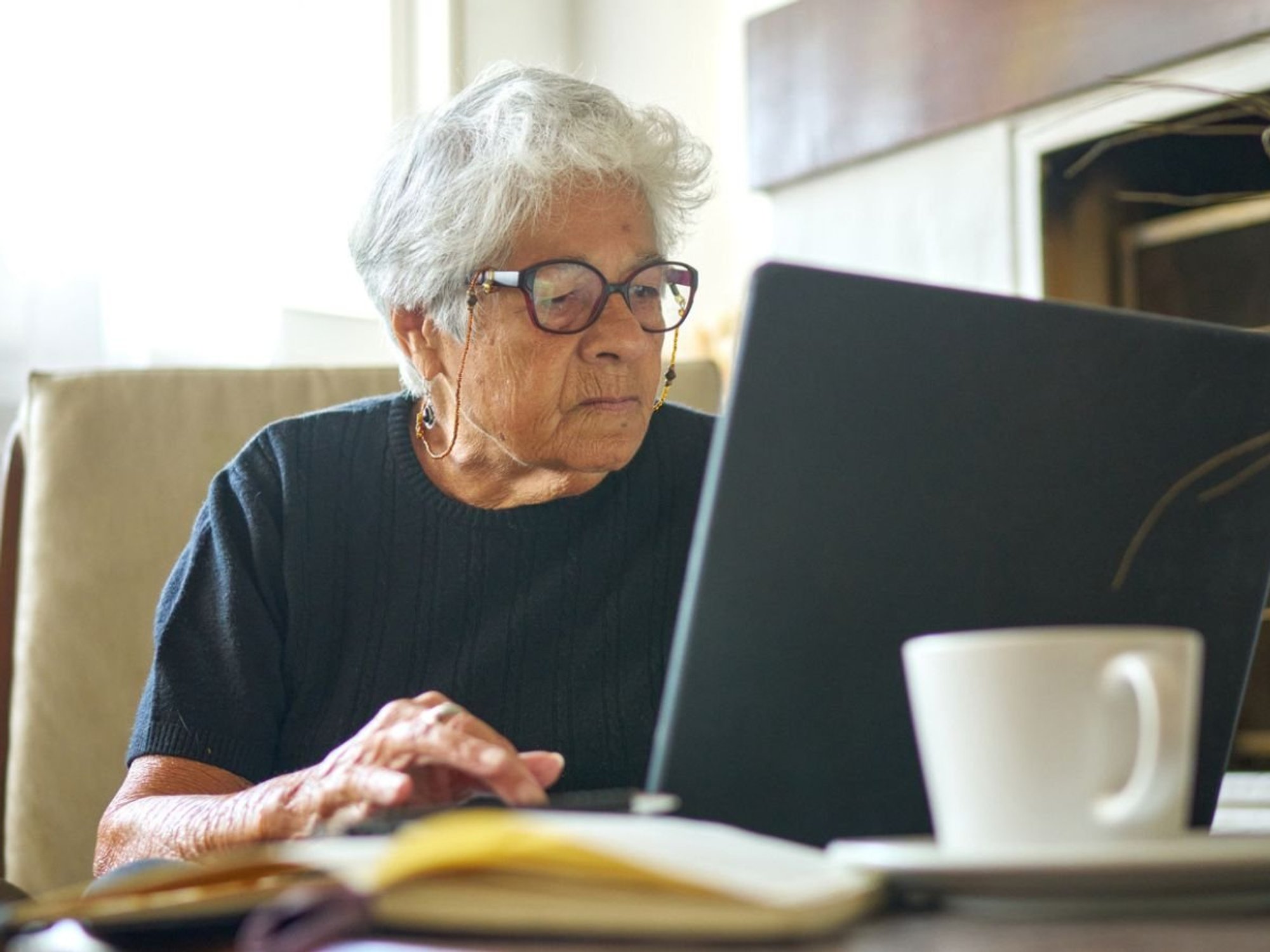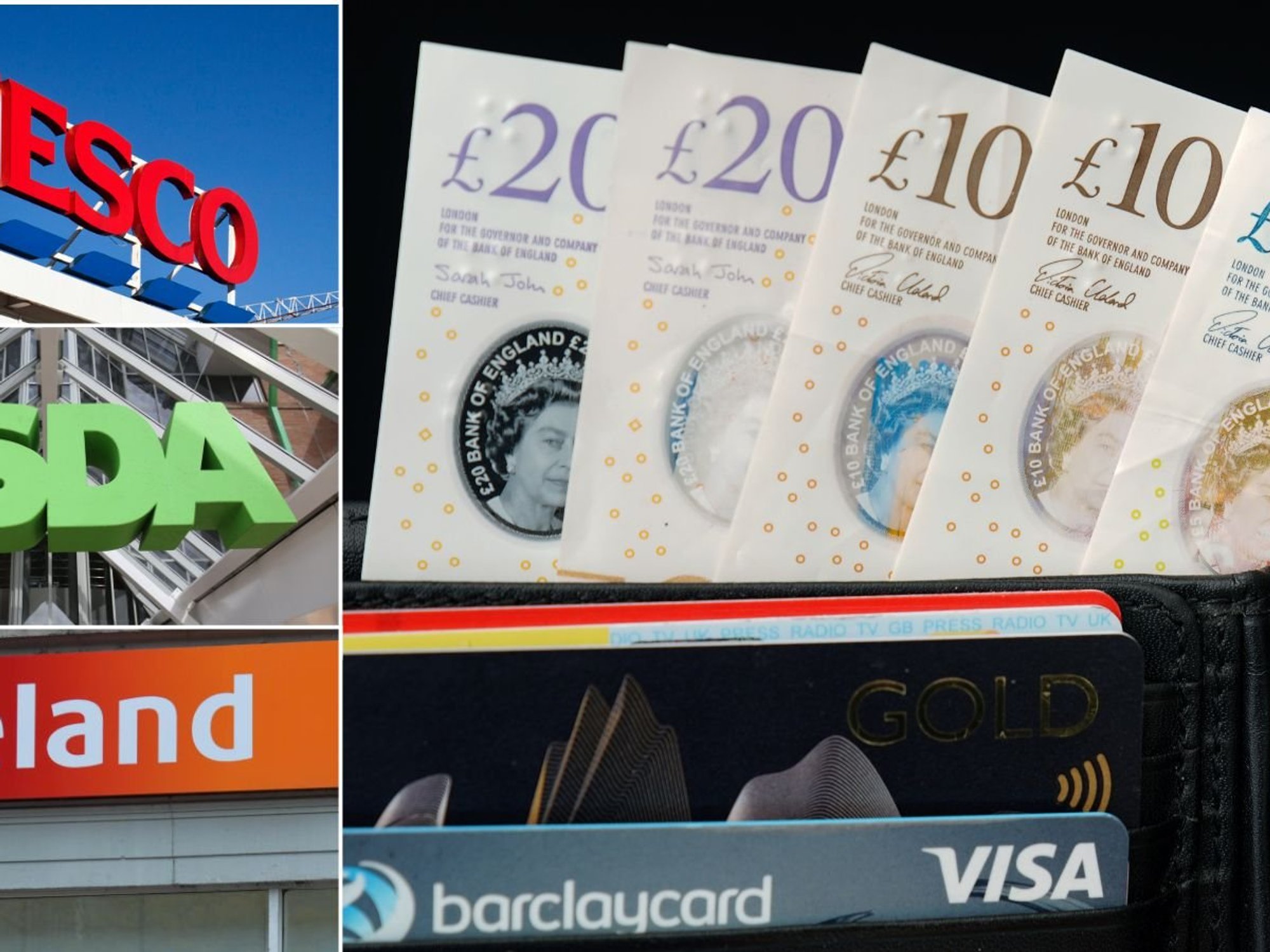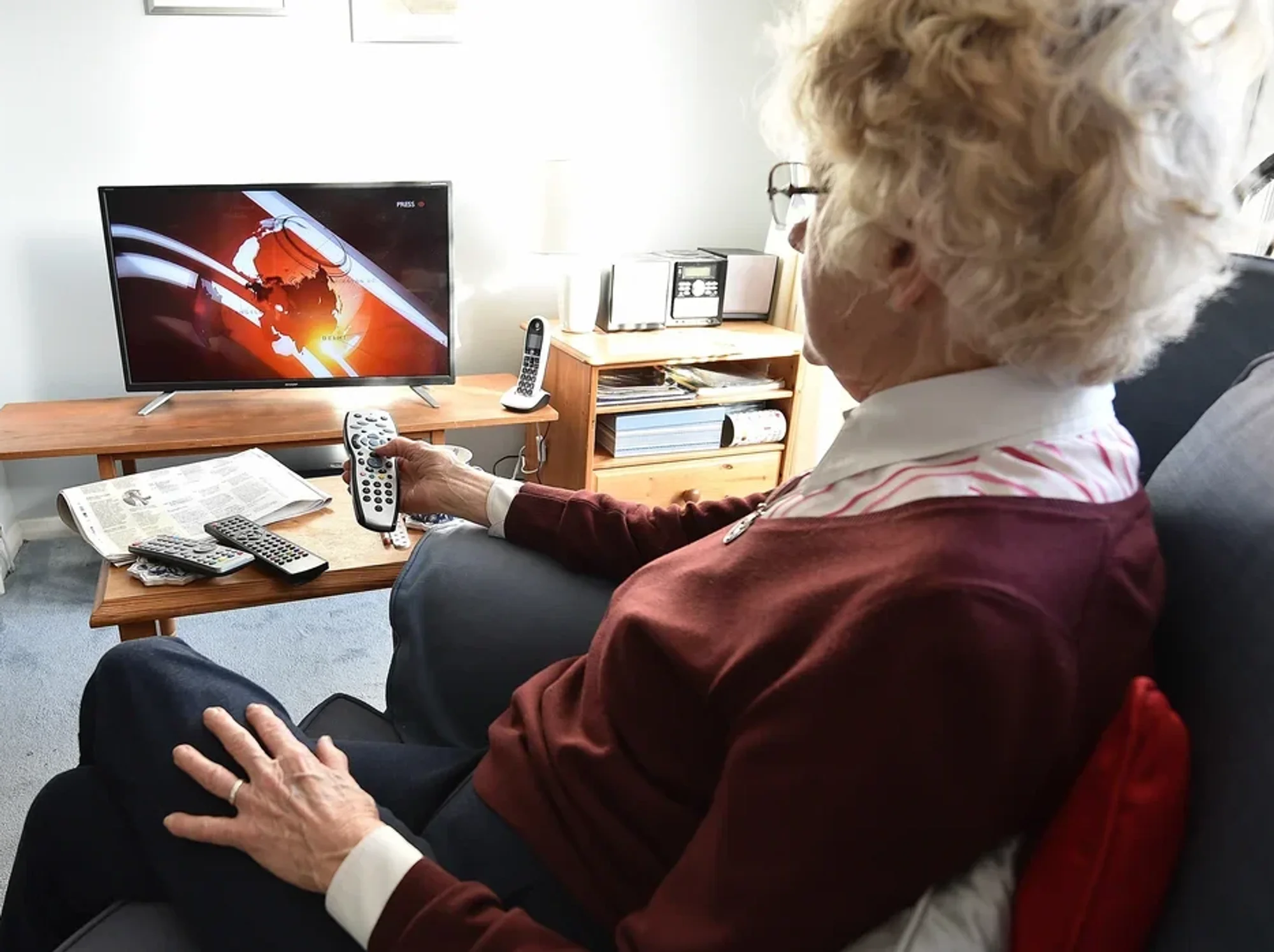Budget 2025: Gordon Brown 'confident' two-child benefit cap will be dropped by Rachel Reeves
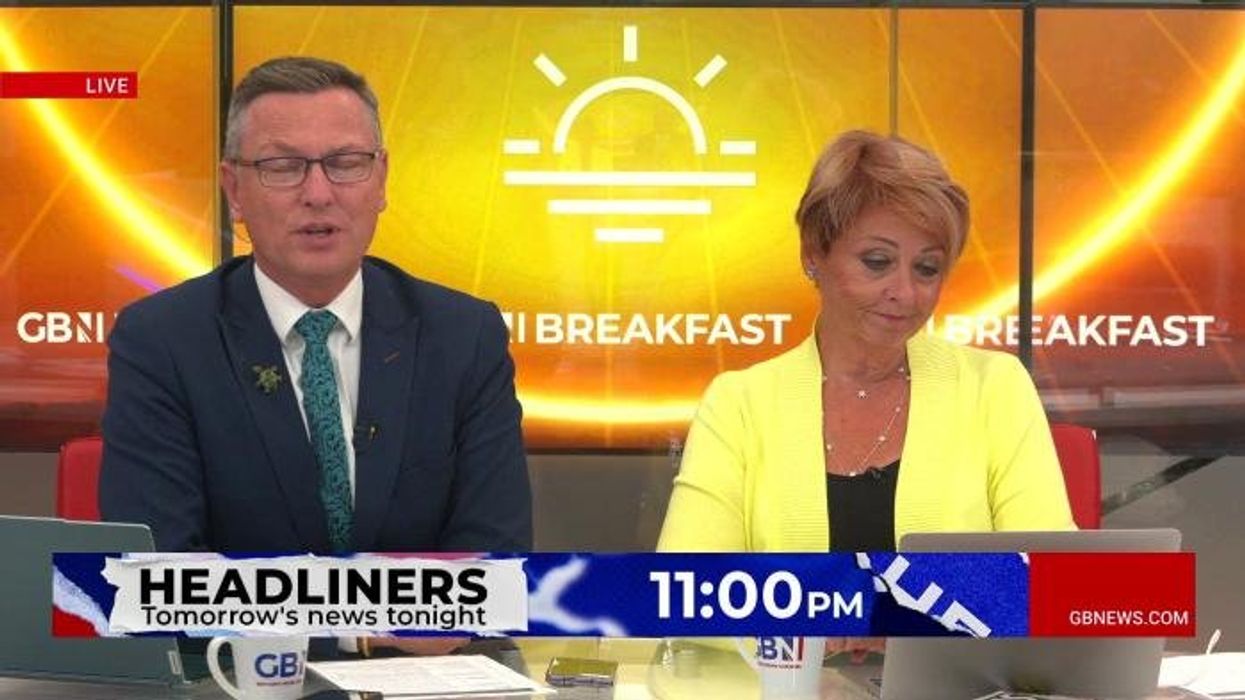
Nigel Farage takes the fight to Labour as Reform UK leader set to commit to scrapping two-child benefit cap and fully reinstate winter fuel payment |
GB News

The former prime minister, chancellor and Labour leader hinted the policy will be scrapped
Don't Miss
Most Read
Gordon Brown is "confident" the two-child benefit cap will be addressed by Rachel Reeves in a major hint the policy will be scrapped altogether.
The former prime minister, chancellor and Labour leader expects the autumn statement on November 26 to include changes to the cap, as well as gambling taxes.
Mr Brown said he has been feeding into the government's consultations on changes to the tax system ahead of the Budget.
Speaking to Sky News on Monday, Mr Brown said Prime Minister Sir Keir Starmer is "personally concerned" about the cap.
TRENDING
Stories
Videos
Your Say
He said: "I am confident that the two-child rule will be addressed. We're waiting for Rachel Reeves's budget, which I think will mention this."
"So I'm hopeful that in the next few weeks we'll see the kind of action that we've been talking about."
Other senior Labour figures, such as Education Secretary Bridget Phillipson, have previously criticised the two-child benefit cap, describing its impact as "devastating".
Ms Phillipson argued there was "a real urgency" within Labour to address the policy, which was implemented by the previous Conservative administration.
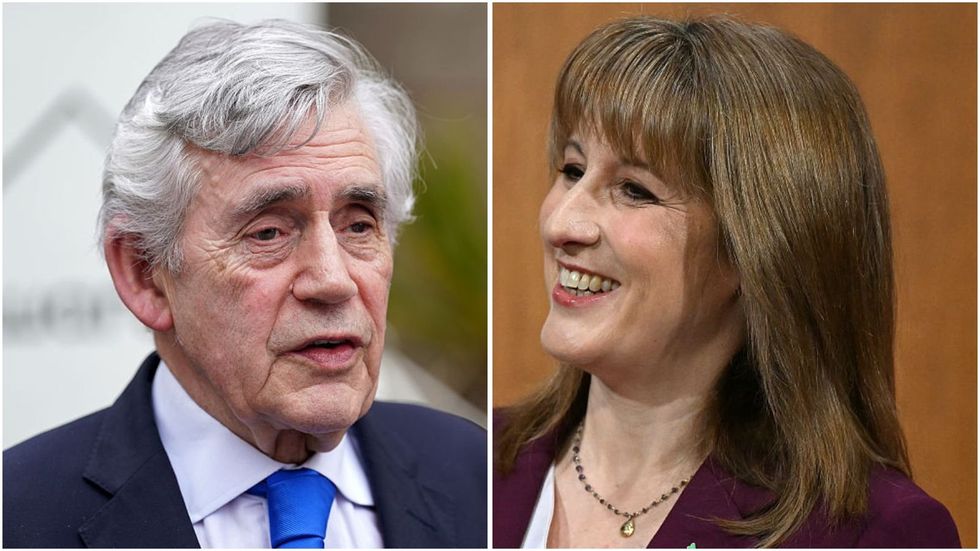
Gordon Brown says he is confident Rachel Reeves will address the two-child benefit cap
|GETTY
She said: "This was a Tory policy that's had a devastating impact on children and we'll sort it."
The policy restricts means-tested support through universal credit and child tax credit for a family’s third and subsequent children. Households cannot claim extra payments worth £3,514 each year for children born after April 2017.
Currently affecting one in nine children across Britain, the measure applies to working families as well as those receiving benefits.
Around six in 10 households impacted have at least one parent in employment.
LATEST DEVELOPMENTS
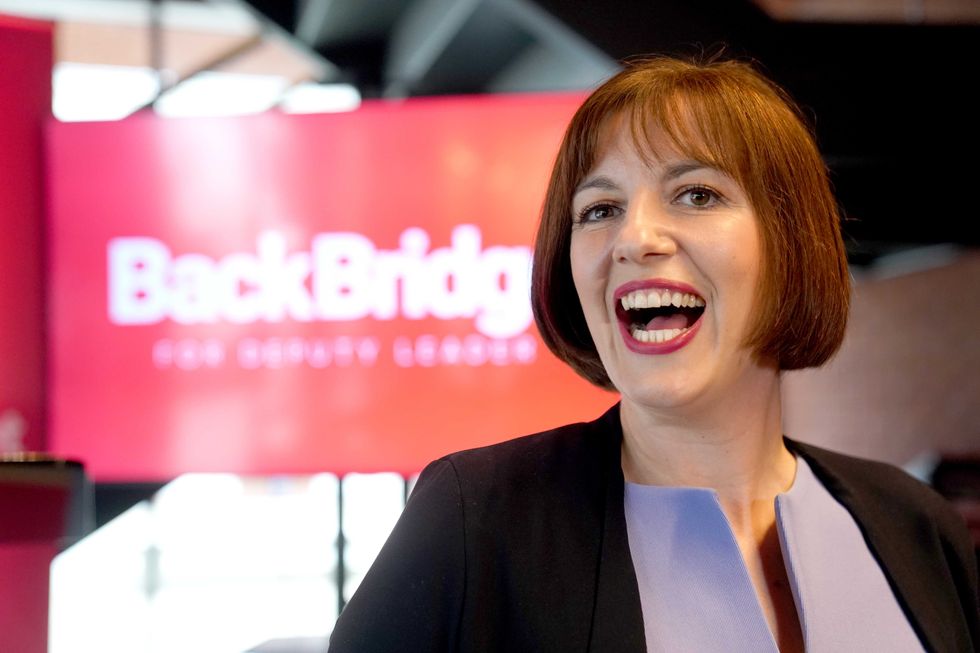
Bridget Phillipson has labelled the two-child benefit cap as a 'devastating' policy
| PAThe cap limits benefit payments regardless of family circumstances, meaning parents who lose work or face sudden hardship cannot access support for all their children.
Poverty groups argue the restriction breaks the link between children’s needs and the financial help available. It applies even when families experience temporary difficulties such as illness or job loss.
When asked about her work within the child poverty task force, Ms Phillipson said: "I'm clear about what needs to happen. I'm clear about what the evidence tells us. And I'm clear about what we need to do."
Ministers are said to be exploring several options short of scrapping the policy completely. According to The Guardian, one proposal would introduce a tapered system where families receive full support for their first child, with reduced payments for subsequent children.
Another option involves raising the limit to three or four children rather than two. Such changes could reduce costs while still extending help to larger families.
Sir Keir has previously said he intends to address the cap when public finances allow, without specifying when that might be.
Analysis by the Resolution Foundation estimates that removing the cap entirely would cost £3.5 billion and lift around 470,000 children above the poverty line. A further 700,000 children would experience reduced poverty levels under the same scenario.
Campaign groups argue that full abolition remains the most effective way to tackle child poverty, warning that partial reforms would fail to reconnect financial support with children’s needs.
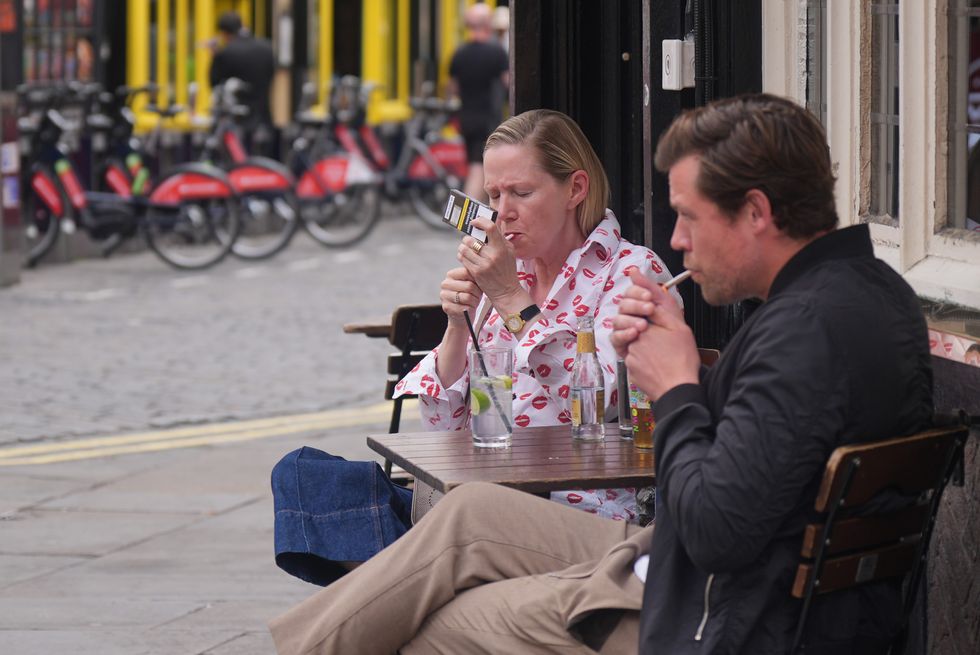
Mr Brown wants the Government to target
| PAMr Brown, who has prioritised tackling child poverty since leaving Parliament, also urged ministers to introduce a tax on gambling firms — the second measure he predicted will change.
“We tax cigarettes at 80 per cent, we tax alcohol at 70 per cent, but the online gambling tax is 21 per cent. So there’s a big case for change.
“I think they [gambling companies] could well afford to pay a tax – and I want that money to go to child poverty.
“So, move the money from, if you like, the bad, by taxing it. And put it to good, which is children taken out of poverty.”
Our Standards: The GB News Editorial Charter
More From GB News





